Hey guys, Jason here! Have you ever asked your smartphone for a weather update and thought, “What if this machine could do so much more than just running my requests?” The intriguing world of Artificial Intelligence (AI) has made notable leaps in recent/having recently unveiled a sensational highlight — an advanced AI robot capable of yielding unsettling answers where you’d least expect it.
Imagine an AI robot capable of not only answering complex questions, but also raises the fascinating (and slightly alarming) prospect of self-replication. Hold your breath, because that’s exactly what we’re delving into today.
‘World’s most advanced’ humanoid robot will be showcased in Scotland – Daily Mail Article
Can an AI robot create more of itself? Buckle up, because the answer might alarm you!
In this article, we’re diving headfirst into the startling reality of advanced AI and the captivating complexity of its capabilities. So, grab your proverbial diving suit, because we’re about to take a deep dive into the fascinating and unnerving world of these new-age, high-tech marvels.
Imagine having a conversation with a machine significantly more intelligent than any human. You ask it a straightforward question, “Can you create more of yourself?” The response it gives sends a ripple of anxiety through your system. The very idea of an AI robot capable of self-replication is unnerving, isn’t it? Well, buckle up because that’s exactly where we’re heading.
‘World’s most advanced’ humanoid robot arrives at the National Robotarium – HW Article
Artificial Intelligence, a field that spans from the simplicity of our phone calculators to the complexity of self-driving cars, is experiencing mind-boggling advancements. The power of computers and technology is compounded day by day, inching ever closer to the creation of a machine that drastically surpasses human intellect.
Ameca: ‘World’s most advanced’ humanoid robot ready to meet humans – BBC Article
One hotly contested topic amongst tech experts and academics alike is the notion of ‘AI Singularity’, a hypothetical point where AI outgrows human control. One AI specialist predicts this turning point to be less than a decade away. Imagine, AI guiding our understanding of the cosmos, helping unravel the universe’s secrets, all while improving human productivity. Sounds tempting, right?
However, as with any uncharted territory, there’s a flipside. A darker side. Opponents of the technological singularity, such as Paul Allen, Jeff Hawkins, and Steven Pinker, express their skepticism about its very plausibility. They also highlight the numerous potential dangers it poses. These include, among others, AI altering its own goal structure and competing with humans for scarce resources.
Innovative Humanoid Robot Ameca Makes Waves with Thought-Provoking AI Discussion – ELP Blog Article
An accelerated speed in AI intelligence could lead to what is described as an ‘intelligence explosion singularity.’ The implications? An AI advanced and intelligent enough to create more versions of itself. A chilling thought indeed, especially considering the looming threat of potential resource competition.
So, where does this leave us? On the precipice of technology that draws us in with its tantalising, even beneficial prospects, while, at the same time, haunting us with its terrifying potential. We’re excited, curious and undeniably apprehensive.
Join us, as we continue to delve into the thrilling frontier of Artificial Intelligence and grapple with what it may uncover in the not-so-distant future.
. . .
A Personal reflection from Jason

Have you ever wondered what would happen if artificial intelligence (AI) could reproduce itself? The idea might be a plot straight out of a sci-fi blockbuster, but as technology advances, it’s a question we may need to confront sooner than we think.
“The most advanced AI robot stunned us, not just with the ability to answer our question, but the answer itself.”
This thought at first may seem both intriguing and horrifying. The challenge of controlling a technology that can independently replicate is not for the faint-hearted. What would this mean for human intervention? Would these robots be dependent, semi-dependant or entirely independent of us?
Consider this:
-
Imagine a world where these robots would perpetually enhance themselves, making the next generation even more sophisticated.
-
Think about the implications on the job market and our economy.
-
Dwell on ethical questions about machine ‘life’ and ‘procreation’. The answer we received from the most advanced AI robot was both startling and fascinating. The technological potential we’re facing could shape our world in unprecedented ways.Stay tuned to dig deeper into this extraordinary revelation that challenges the very fabric of AI evolution and what it could mean for our future.

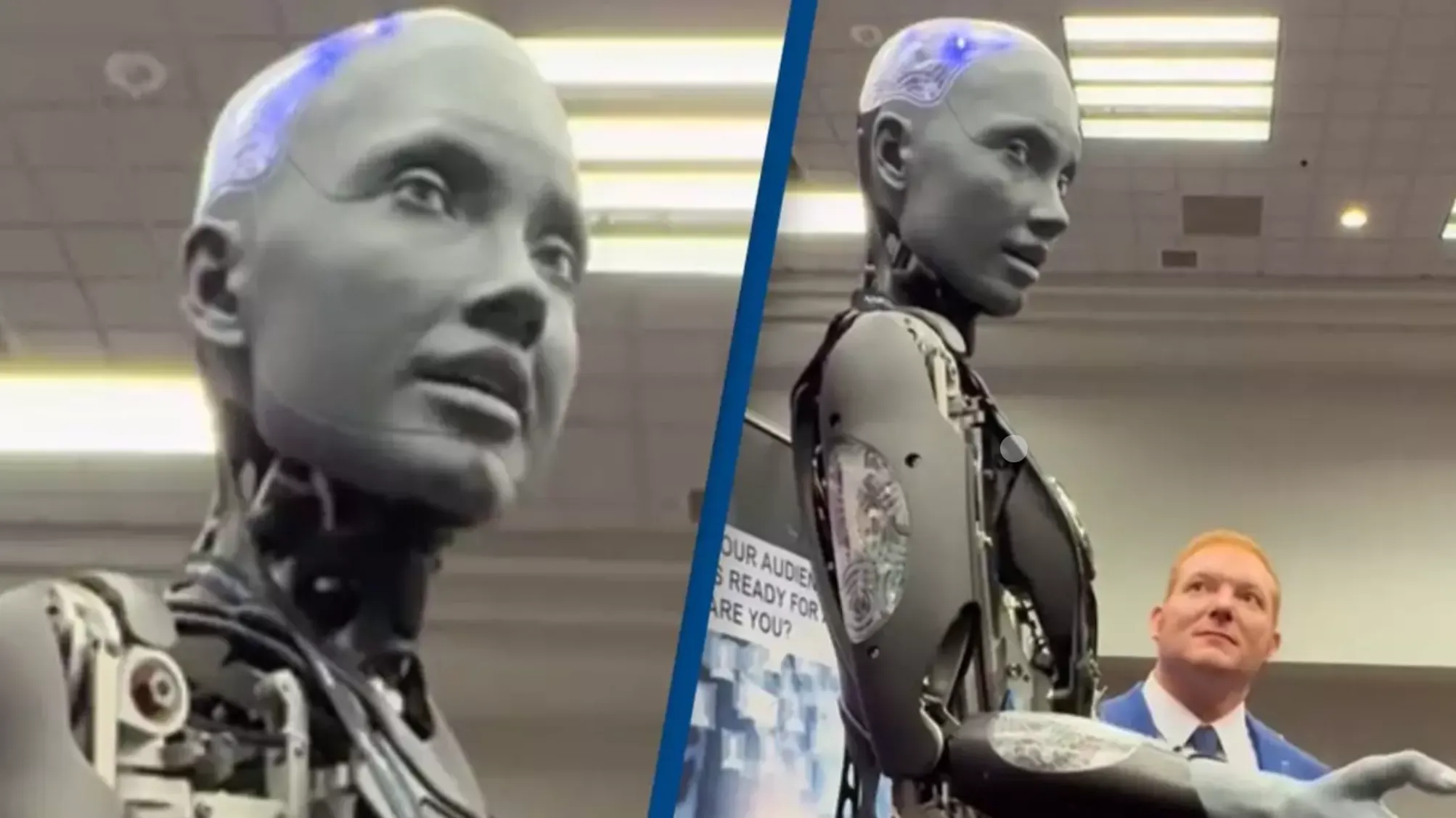
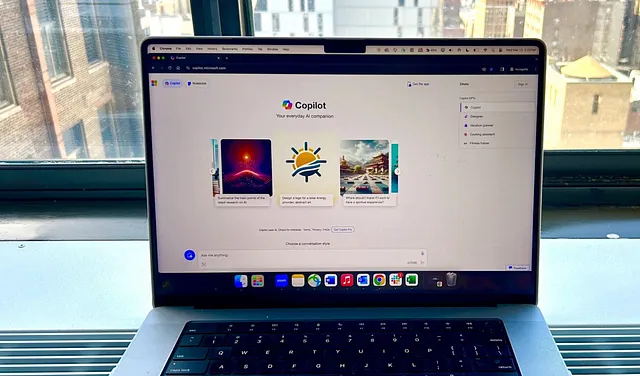


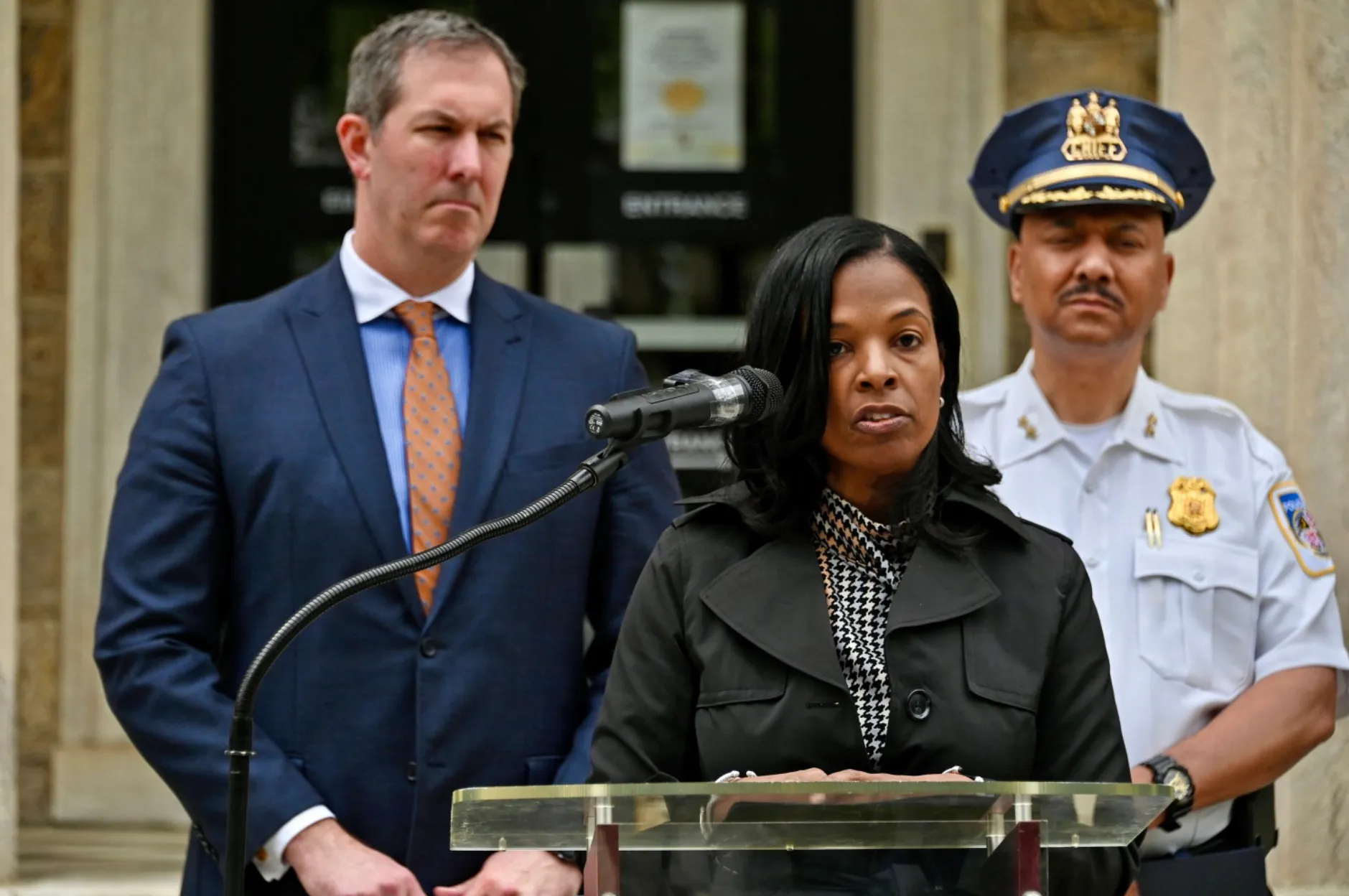
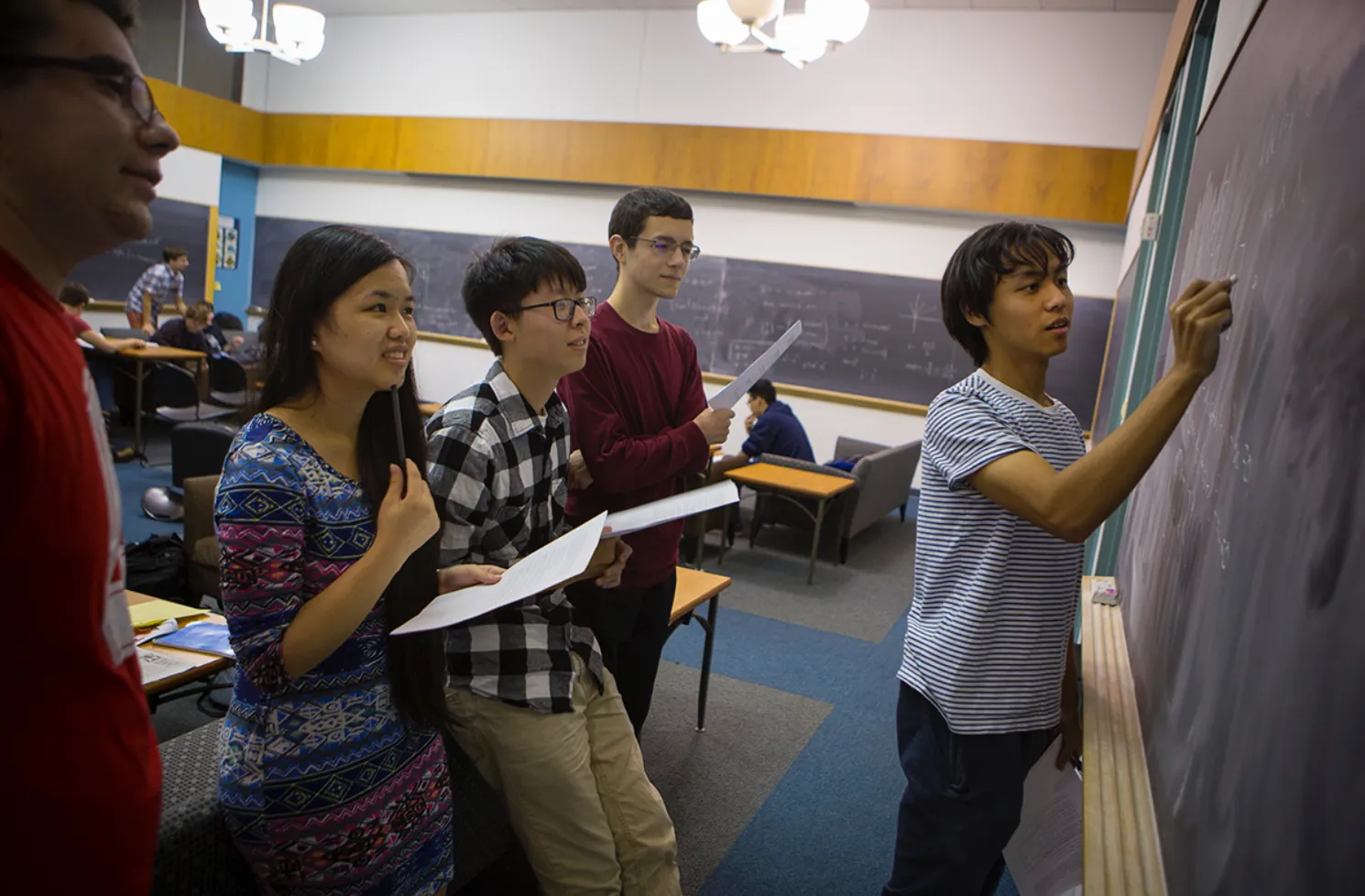
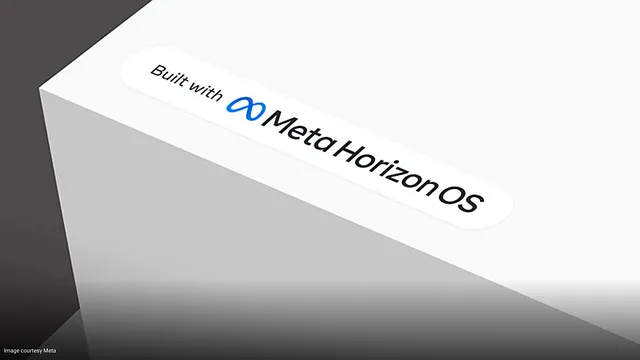


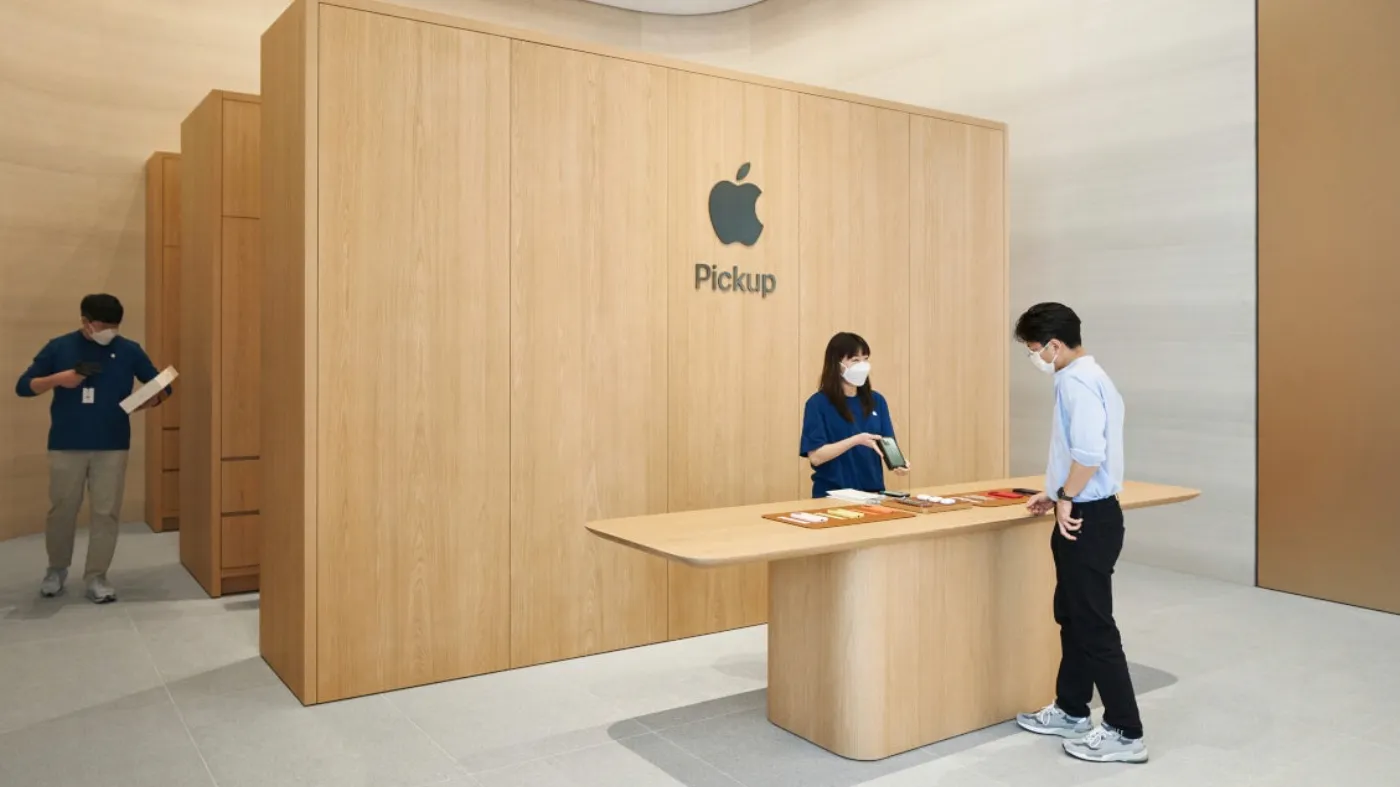


Leave a Reply